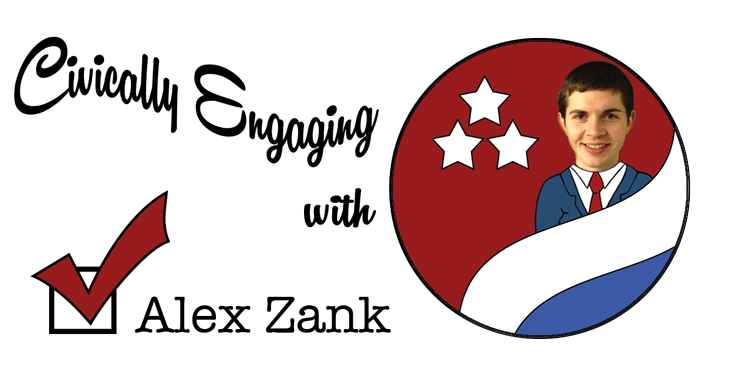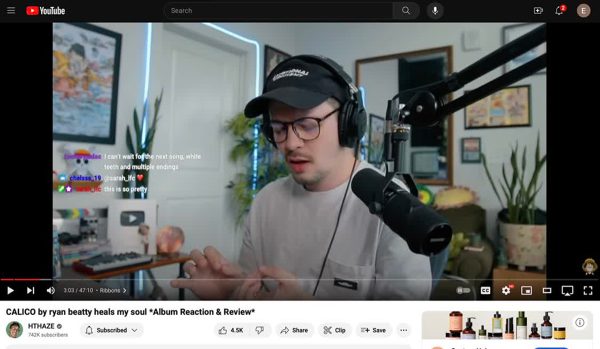Civically Engaging with Alex Zank
For a world plagued with poor news sources, a prescription for healthier news consumption
April 30, 2014
I’d like to think of these final weeks of “Civically Engaging” as a visit to the doctor’s office (a really fun doctor’s office, at that). Last week I gave society the diagnosis. News consumption, especially when reliant on social media, is suffering from a bad case of indigestion.
A Buzzfeed “listicle” is nothing but a sugary sweet and the Huffington Post clickfarm offers no nutritional value in an unbalanced news consumption diet. And speaking of unbalanced, everywhere we turn on the Internet has a gang of slanted sources for every legitimate one when it comes to getting your fill on politics.
This week is the prescription, and thank goodness you don’t have to visit healthcare.gov to get it. Out of the kindness of my heart, I will suggest some of my go-to news sources as an alternative to all the garbage clogging Facebook feeds.
These sources are categorized in two ways: first, the sources that may seem boring to some but are really great and trustworthy; and two, some trendier sources (this is completely subjective, and keep in mind that my idea of trendy is a little more aged than most of you).
Boring but beneficial
— The New York Times: trust me on this one, plenty of people find the Times’ writing unexciting. Maybe it’s because the headlines are not sensational or sarcastic as you’d find on HuffPo.
Maybe it’s because the writing doesn’t end at 350 words. But if you want comprehensive, far-reaching and detailed reporting, the Times is one of your best options.
And here’s a plus: if you’re one of those old-fashioned tree-killing types, the print edition is offered for free on campus courtesy of the Readership Program (well, almost free — some of the student differential tuition dollars are used to fund it).
— NPR: this may just be me getting old, but the only station I listen to in my car is 88.3, the Ideas network. I also visit NPR’s website more often than anything else when checking the headlines. They do great work not only for political reporting, but for nearly everything else, too. One of my favorite programs is “Car Talk” on Sunday mornings.
If you want a great synopsis of the day’s happenings (their audio pieces are longer than two-minute teases you see from other sources), visit their website. If you want quality programming that gives your brain a workout, tune into 88.3 FM whenever you’re in your car.
— PBS Newshour: what else would you want to do at 6 p.m. on weekdays? Well, a lot. That’s why there’s the Internet. I rarely tune in to watch the programming on TV, but PBS offers full episodes streaming (in addition to other reporting) online.
If the inherent boringness of truth is too much for you to handle for an entire 60 minutes, turn it to a game. Turn off your phone, sit at your TV or computer, and just try not to fall asleep.
If you stay awake, the prize will be that you will have evolved into a higher being from all the information you just absorbed.
Trendy but still legitimate
— The Pacific Standard: after reddit, PSMag.com is the first icon on my Google Chrome bookmarks bar. If I could reach into the depths of my brain and extract the most creative ideas I have and put them into a story, it would closely resemble the Pacific Standard’s writing. The publication looks at important societal issues through the lens of social and behavioral science.
This makes for some incredible and interesting reading. You’ll never blaze through 1,500 words faster than you would reading an article from this publication.
Be warned, though. Do not use this for your primary source of political news, though. It offers different angles and discusses larger implications of issues, but usually doesn’t have up-to-date information vital to stay informed.
— Quartz: the Atlantic’s contribution to business and economics news, Quartz was designed with mobile users in mind. The website is phone friendly, in that it looks almost exactly the same on the computer so you know you’re not missing out on a smaller device.
If long-form journalism isn’t your thing, most these stories only take a few minutes to read. At the same time, the reporting and writing is still thoughtful and every word seems carefully chosen.
The headlines are a bit unorthodox relative to legacy media, so this makes younger users who are used to things like, “This (Insert Person or Animal Here) Doing (Insert Event or Talent Here) Will Make Your Day/Give You Feels/Turn Your Life Around” will feel more at home.
The reporters also throw in interesting graphs whenever applicable. I know I’m not the only one who at times likes to just look at pictures and skip over those pesky words that require thought.
This is by no means a complete list. There are plenty of other news sources you should explore, such as FiveThirtyEight, ProPublica or Roll Call that can be added to a healthy diet of news consumption.
The key is to start out by acknowledging the bad ones, wean yourself from them, and switch them out for those of higher quality.
Just like most changes you make in the name of a healthier lifestyle, it may take time to get into these new habits.
But, when you visit your old guilty pleasure months down the road and realize it was not worth your attention, you will be thankful you made these changes.











